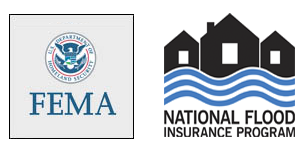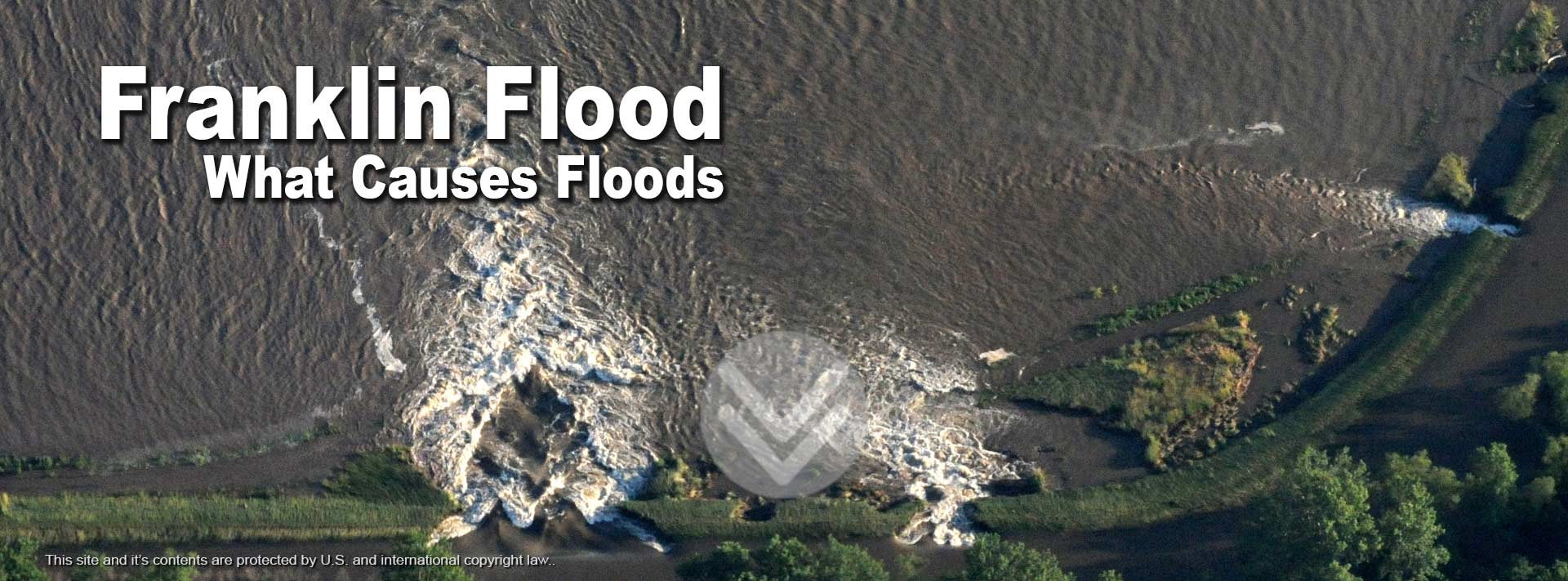What Causes a Flood and Who Needs Flood Insurance?
Who needs flood insurance? According to FEMA a flood can strike almost anywhere in the US. Some develop slowly after heavy rain or spring snow melt, others develop rapidly after a sudden local weather event or invisibly due to a distant event. Every year floods cause billions of dollars in damage and threaten lives and property in every state. Below is a list of some of the most frequent causes of flooding from FEMA.
Tropical Storms and Hurricanes:
Hurricanes pack a triple punch: high winds, soaking rain, and flying debris. They can cause storm surges to coastal areas, as well as create heavy rainfall which in turn causes flooding hundreds of miles inland. While all coastal areas are at risk, certain cities are particularly vulnerable and could have losses similar to or even greater than those caused by the 2005 hurricane, Katrina, in New Orleans and Mississippi.
When hurricanes weaken into tropical storms, they generate rainfall and flooding that can be especially damaging since the rain collects in one place. In 2001, Tropical Storm Allison produced more than 30 inches of rainfall in Houston in just a few days, flooding over 70,000 houses and destroying 2,744 homes.
Spring Thaw:
During the spring, frozen land prevents melting snow or rainfall from seeping into the ground. Each cubic foot of compacted snow contains gallons of water and once the snow melts, it can result in the overflow of streams, rivers, and lakes. Add spring storms to that and the result is often serious spring flooding.
Heavy Rains:
Several areas of the country are at heightened risk for flooding due to heavy rains. The Northwest is at high risk due to La Niña conditions, which include: snow melts, heavy rains, and recent wildfires. And the Northeast is at high risk due to heavy rains produced from Nor'easters.
This excessive amount of rainfall can happen throughout the year, putting your property at risk.
Mudflows:
A string of large wildfires can dramatically change the landscape and ground conditions, causing fire-scorched land to become mudflows under heavy rain. Experts say that it might take years for vegetation to return, which will help stabilize these areas.
Levees and walls which are meant to help protect homes and their land in case of a mudflow, can erode, weaken, or overtop when waters rise, often causing catastrophic results from isolated mud and landslides.
Levees & Dams:
Levees are designed to protect against a certain level of flooding. However, levees can and do decay over time, making maintenance a serious challenge. Levees can also be overtopped, or even fail during large floods, creating more damage than if the levee wasn't there. Because of the escalating flood risks in areas with levees, especially in the mid-west, FEMA strongly recommends flood insurance for all homeowners in these areas.
Flash Floods: Flash floods are the #1 weather-related killer in the U.S. since they can roll boulders, tear out trees, and destroy buildings and bridges. A flash flood is a rapid flooding of low-lying areas in less than six hours, which is caused by intense rainfall from a thunderstorm or several thunderstorms. Flash floods can also occur from the collapse of a man-made structure or ice dam.
New Development:
Construction and development can change natural drainage and create brand new flood risks. That's because new buildings, parking lots, and roads mean less land to absorb excess precipitation from heavy rains, hurricanes, and tropical storms.

x
x
Franklin for Agent Toolbox
What Agents are Saying about Franklin
"All in all with how complex flood insurance can be I always feel at ease and comfortable with the Franklin staff. I look forward to a long relationship with Franklin Flood and feel grateful to work with this company!" - Capital Region Insurance Agency, Inc. more...

Franklin Flood, LLC, 120 East Uwchlan Ave, Suite 101, Exton, PA 119341 Toll Free 888 567 9600 Fax 610 524 0900


This site and it's contents are protected by United States and International copyright law. Reproduction without permission is prohibited.




